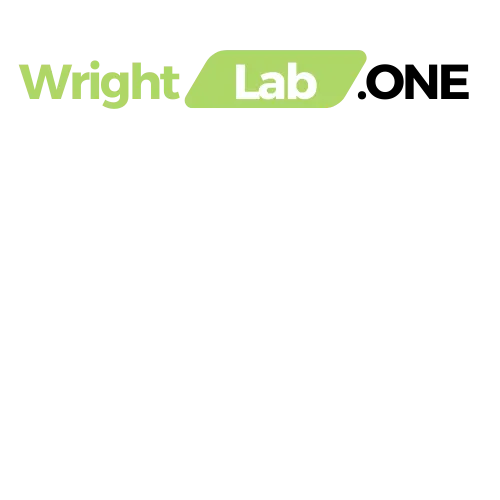Financial Literacy: Knowledge is Power, Especially for Your Income
This article dives into the 2023 TIAA Institute-GFLEC Personal Finance Index, highlighting the crucial link between financial literacy and well-being.
Here are 10 key takeaways, presented with engaging titles and a focus on the knowledge-income connection, perfect for your 20-something audience:
1. Inflation's Bite: How It Hurts Your Wallet and Savings
- Inflation in 2022 impacted many Americans' financial well-being, with 25% of employed adults reducing retirement savings due to its strain.
- This effect was most pronounced among Hispanic workers, with 40% cutting back on savings and 24% stopping completely.
2. The Financial Struggle is Real: Are You Making Ends Meet?
- The P-Fin Index reveals a concerning trend: more people struggle to make ends meet, are debt-constrained, and lack emergency savings.
- The percentage finding it difficult to make ends meet jumped from 24% to 30% in a single year!
3. Knowledge is Power: How Financial Literacy Boosts Your Wallet
- The study consistently finds that higher financial literacy translates to better financial well-being.
- Those with very low literacy are four times more likely to struggle financially than those with high literacy.
4. The Gender Gap: Closing the Financial Knowledge Divide
- Women consistently lag behind men in financial literacy, with a significant gap across all generations and demographics.
- This knowledge gap likely compounds the financial challenges faced by many women.
5. Young and Clueless? The Financial Literacy Challenge for Gen Z
- Unfortunately, Gen Z exhibits the lowest financial literacy among generations, with only 37% answering 7 or more questions correctly.
- This highlights the need for early financial education to empower young adults.
6. Don't Fear the Risk: Understanding Uncertainty for Better Decisions
- Comprehending risk is the area of weakest financial literacy, with only 35% answering questions correctly.
- Learning to manage uncertainty is crucial for navigating financial decisions in today's ever-changing world.
7. Beyond the Basics: Building Knowledge Across Financial Areas
- While borrowing and debt management remain the strongest areas of literacy, knowledge in areas like investing and risk needs improvement.
- A well-rounded understanding across all financial areas empowers you to make informed choices.

8. Education Matters: Closing the Knowledge Gap Through Learning
- Financial literacy tends to be higher among those who received financial education, highlighting its importance.
- Seek out resources, workshops, or even online courses to boost your financial knowledge.
9. Knowledge Pays Off: Higher Literacy Leads to Higher Income
- Studies consistently show a positive correlation between financial literacy and income potential.
- Investing in your financial knowledge can translate to better financial outcomes in the long run.
10. Start Today, Secure Your Tomorrow: Empower Yourself with Financial Literacy
- Regardless of your age, background, or current financial situation, it's never too late to improve your financial literacy.
- Take control of your financial future by actively seeking knowledge and making informed decisions.
Remember, financial literacy is an ongoing journey, not a one-time destination. By continuously learning and making informed choices, you can build a secure and prosperous future.

